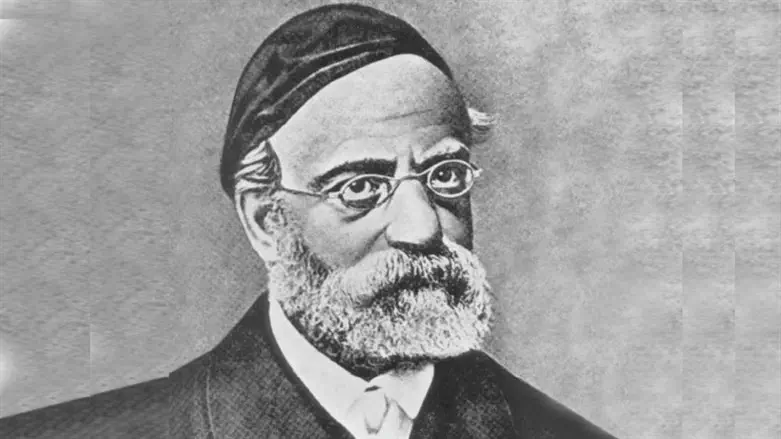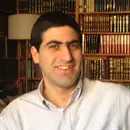
"How old are you?" Pharaoh asks Yaakov.
In response, Yaakov gives what sounds like a convoluted answer: "The days of the years of my sojournings are a hundred and thirty years; few and unhappy have been the days of the years of my life, and they have not attained the days of the years of the life of my fathers in the days of their sojournings" (Bereishis 47:9).
Why the complicated answer?
Rav Samson Raphael Hirsch suggests that Yaakov, in his reply, wished to distinguish between existing and living. Yaakov told Pharaoh that he had existed (or sojourned) for 130 years, but, in his humility, said he had only lived a small number of days. Rav Hirsch writes:
"Only...where people's activities are decided by, and dedicated to, the service of G-d do people live daily," and "each day they are strong, each day they accomplish something, make progress, undisturbed by what tomorrow may bring...is reckoned up by G-d, and no day is lost."
Thus, in his reply to Pharaoh, Yaakov was effectively saying, "The days of the years that I can really call my life (on which I really fully carried out all that I should) were...few." Rav Hirsch comments: "This was no complaint against the shortness of his life, but modesty in looking back at the moral worth of the life he had lived through."
G-d of course wants us to live, not just exist. May we merit to live up to His expectations.
Rav Samson Raphael Hirsch (1808-1888) – head of the Jewish community in Frankfurt, Germany for over 35 years – was a prolific writer whose ideas, passion, and brilliance helped save German Jewry from the onslaught of modernity.
Elliot Resnick, PhD, is the host of “The Elliot Resnick Show” and the editor of an upcoming work on etymological explanations in Rav Samson Raphael Hirsch’s commentary on Chumash
